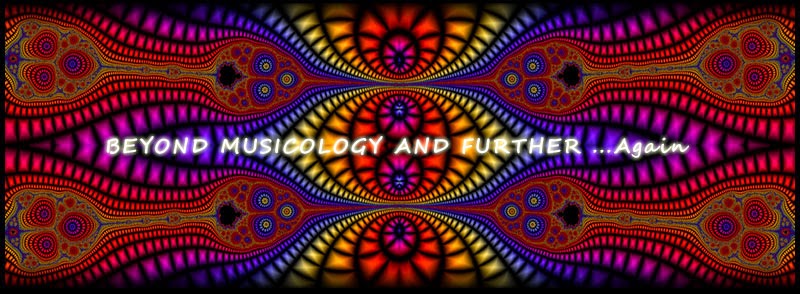sexta-feira, 16 de outubro de 2020
Ellen McIlwaine - Women in (E)Motion 1998
listen here
Bob Dylan - Shadows in the Night 2015
Yo La Tengo - Stuff Like That There 2015
Ballake Sissoko - Tomora 2005
Nei Lisboa - Telas, Tramas & Trapaças Do Novo Mundo 2015
The Golden Palominos - A Dead Horse 1989
Peanut Butter Wolf - My Vinyl Weighs A Ton 1999
Chico César - Chico César 2000
listen here
Amina Claudine Myers - The Circle of Time 1984
quinta-feira, 1 de outubro de 2020
Cowboy Mouth - Word of Mouth 1992
Justin Townes Earle - Harlem River Blues 2010
Stone Raiders - Truth to Power 2012
Youssou N'Dour - Nelson Mandela 1985
Calamity Jane - Martha Jane Cannary 1992
Calamity Jane was an all-female American grunge/punk band, formed in Portland, Oregon, United States, in 1989.
Gilly Ann Hanner (vocals/guitar) and Lisa Koenig (drums) started playing together as a band in 1988 along with Ronna Era (bass). After a few live appearances Hanner's sister Megan took over on bass and the band was renamed Calamity Jane the following year. Their first gig was supporting Scrawl. The band then supported Fugazi on their 1990 tour. The band released three singles and an album Martha Jane Cannary with their original line up, and a final single with Marcéo Martinez - later of Team Dresch) on drums and Joanna Bolme (later of Quasi and The Jicks) on bass.
The band played two support slots with Nirvana. One of these shows, in Buenos Aires, Argentina, ended in Calamity Jane being booed off the stage, which motivated Nirvana to intentionally sabotage their own performance.
listen here















